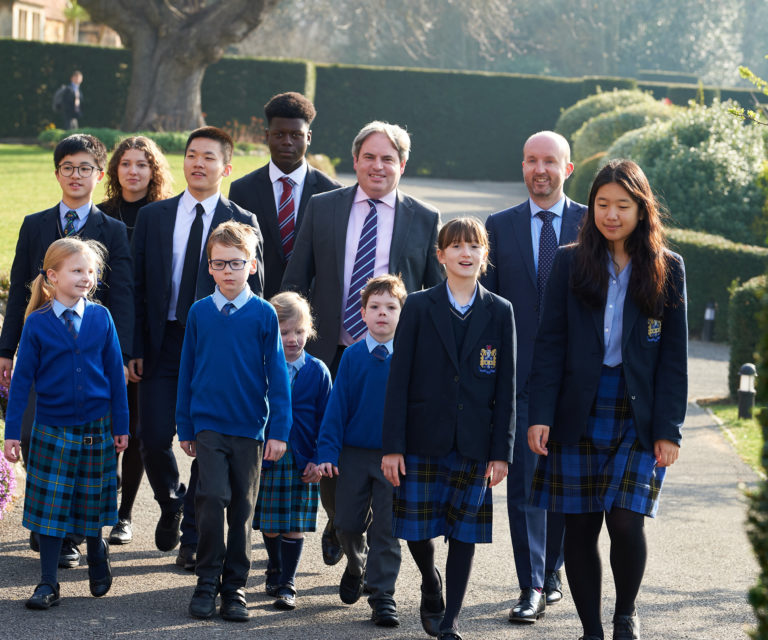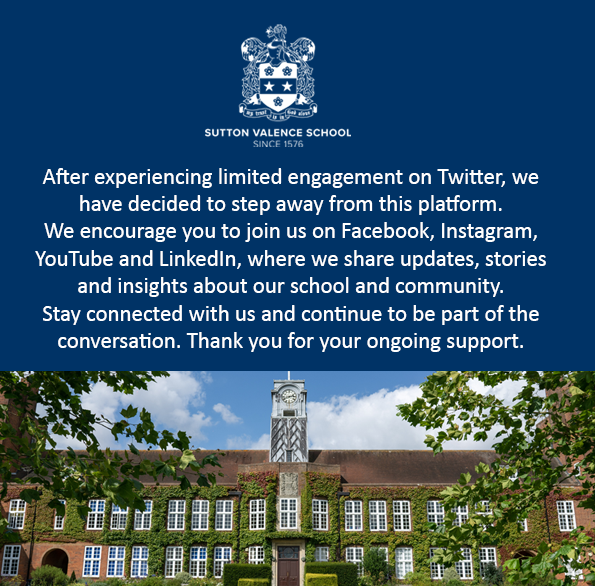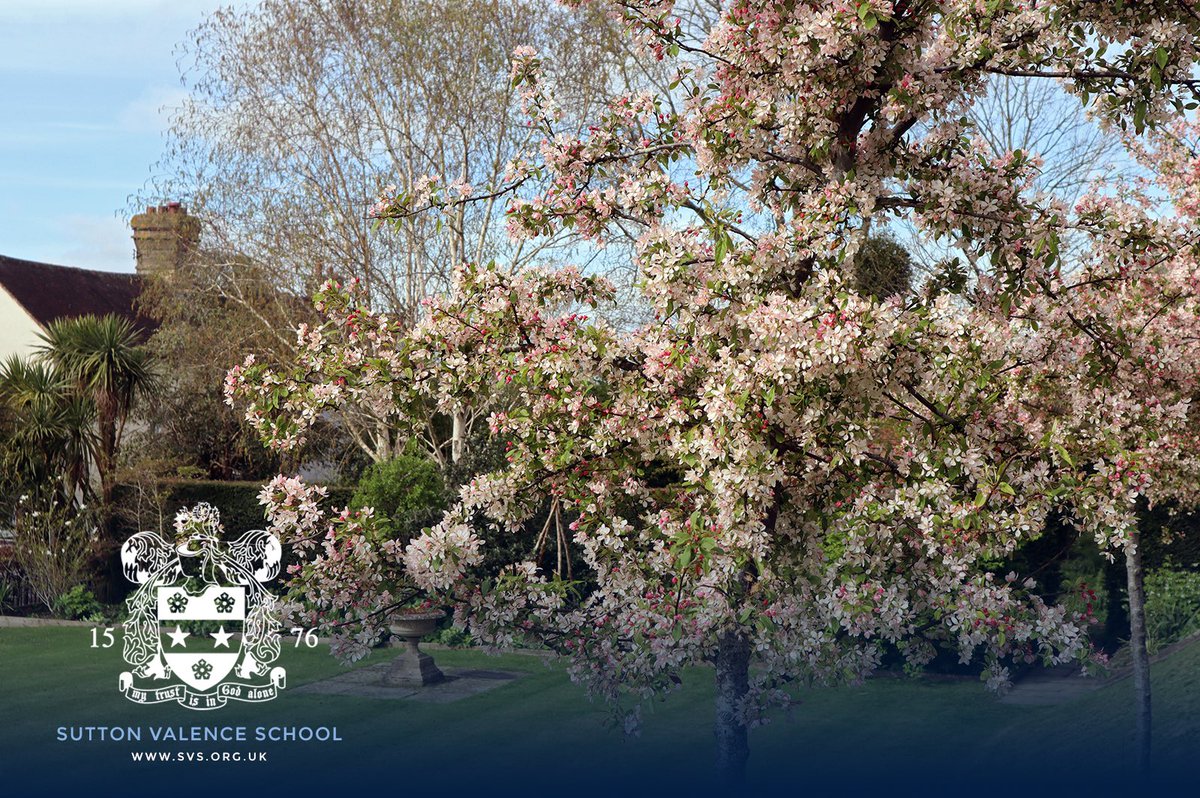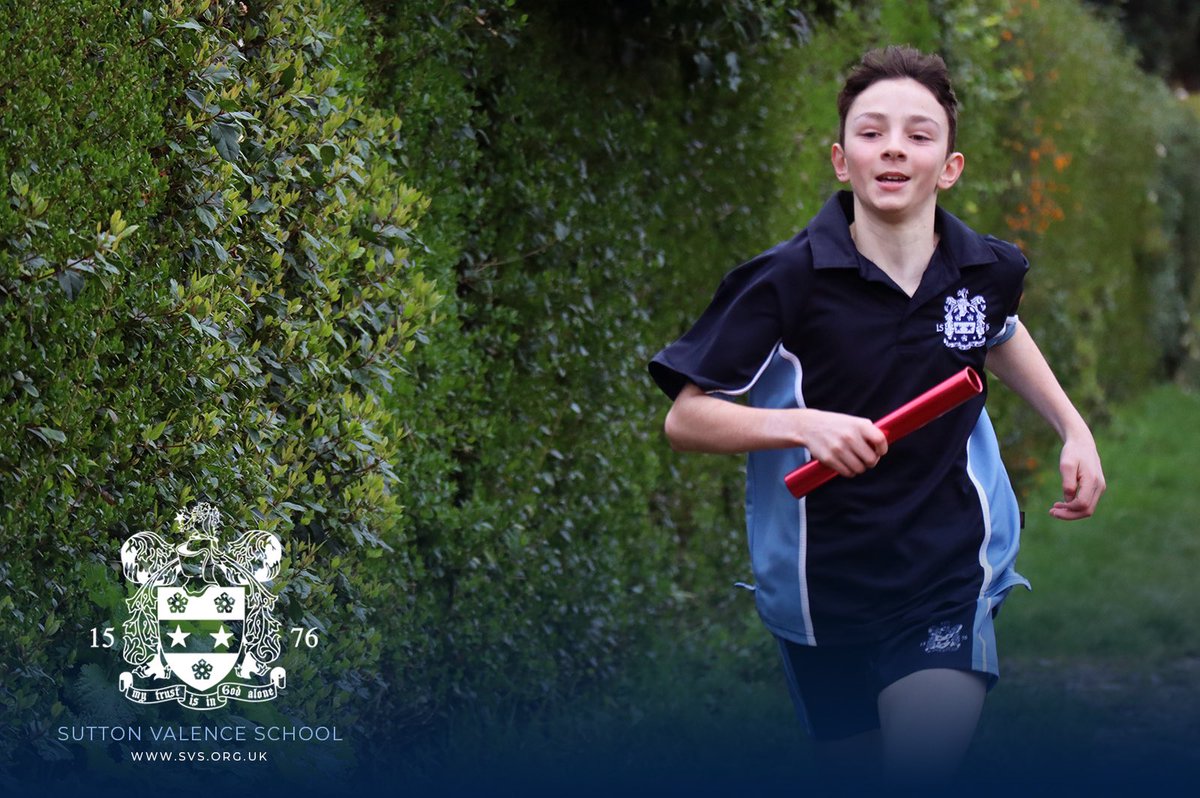The first Kingdon Society lecture of the academic year occurred on Wednesday evening in the Chapel with an impressive turnout. We were delighted to welcome the guest speaker Hamish de Bretton-Gordon OBE to the School. Thomas Dolan (Lower Sixth) reports on the lecture below.
“Hamish is an author, Visiting Fellow at Magdalene College, Cambridge and a CBRN weapons expert for the British Army.
A few of us were fortunate to join Hamish for dinner prior to his lecture. He talked briefly about his experience at Sandhurst, describing how he was “put in jail” for having a surname that was “not a name but an address”! Perhaps this was just one example of his apparent ability to shrug off adversity. His many stories of coming under chemical attack, or witnessing such things, were hinted at in the dinner. The conversation ranged from the COVID-19 situation and response, to how the morale of an army plays such a huge role in deciding the outcome of conflict. Reflecting on recent events in Afghanistan, Hamish’s thoughts included the ideas of the Prussian general and military theorist Karl Von Clausewitz, and such famous battles as Stalingrad and Berlin.
Around a quarter of the School attended the Lecture itself, which began at 7pm in the Chapel.
Hamish explained that the talk would be punctuated by a series of questions asked by members of the Sixth Form. He elucidated his thoughts topic by topic, as a way of keeping everyone’s interest peaked. This unique style certainly kept things fresh, and, despite tackling heavy topics, from Syria to Iraq, to Afghanistan, Kosovo and Russia, we all remained attentive and eagerly listened to his vivid stories.
Although being a veteran of 23 years, much of his recent work is with the media, leading them into some of the most dangerous warzones in the world, witnessing first-hand the devastation of chemical and biological attacks, be it with mustard gas or deadly nerve agents.
During the Kurdish war on ISIS (known in Iraq as Daesh), he was the chemical weapons advisor to the Peshmerga, or Kurdish army. Toward the end, when everyone was asking questions, I asked about his experience in the city of Mosul, which had seen a particularly brutal siege and occupation. He described how ISIS used the ancient city’s layout to throw gas grenades and other such chemical weapons onto the streets where the Iraqi assaulters, with little protection, were forced to flee.
The scope of the talk ranged from an impressive story about using his memories of GCSE Chemistry to neutralise an ammonium nitrate bomb, to the Beirut explosion, the Salisbury nerve agent attack, and a bizarre story about how he was once denied permission to fly on British Airways. When he did get back to Britain on a Turkish flight, he was detained by police for carrying a nerve agent. He was not, of course, carrying any and the Police had, in a twistedly funny way, no means of detecting nerve agent anyway. The confusion was eventually cleared up and Hamish was on his way again.
He also spoke of his run-ins with the Russian news outlet Russia Today (RT News), and how they have, in the past, viciously accused him of being an MI6 agent. Although in another reality, Hamish de Bretton-Gordon could well be the name of a Hollywood MI6 agent, and James Bond our guest speaker, it was, much to the dismay of RT News, not this reality.
The description of the talk could go on forever, so perhaps it would be best to pick up a copy of his book Chemical Warrior: Syria, Salisbury and Saving Lives at War to find out more about this truly fascinating man.
A signed copy of Hamish’s book was promised to the person with the most ‘diverse question’. They ranged from “what is the greatest threat?” to “how do we learn from the past?” and “does technology ever advance too slowly?”, and although my abbreviating does the questions no justice, the winner was Chester Livesey (First Form) for his question “Who inspires you?”. Sometimes simple is the best answer, or in this case, question. Hamish certainly thought so, and after talking about those that inspire him, he awarded the book to Chester.
That concluded what was a long and fascinating lecture by a truly one-of-a-kind man.
I think I speak for all who attended when I extend my gratitude to Hamish, and to all those involved in making the first Kingdon Society lecture of the year one to remember. The Kingdon Society lectures are open to all intellectually curious members of the School community who are keen to expand their horizons.”





